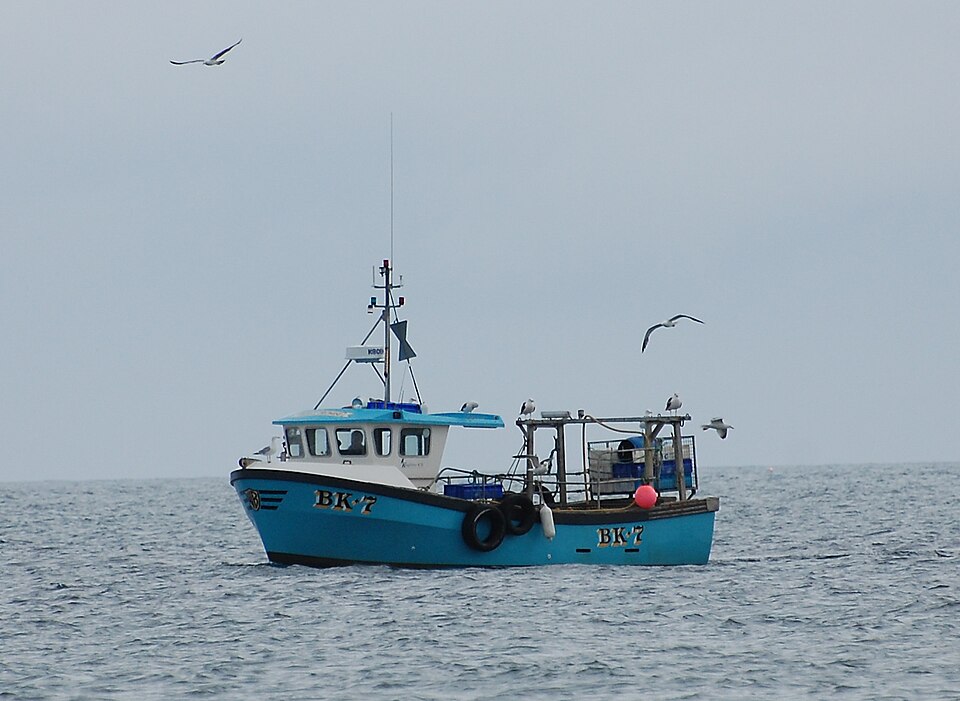
Brussels, May 15, 2025 – Negotiations between the United Kingdom and the European Union hit a significant roadblock today in Brussels, as both sides failed to reach an agreement on
post-Brexit fishing rights ahead of a critical summit next week. The talks, held at the European Commission’s headquarters, were intended to reset trade and mobility frameworks but stalled when Brussels demanded further concessions from the UK on access to its fishing waters. This development, reported by the Financial Times, underscores ongoing tensions in the UK-EU relationship nearly a decade after Brexit.
The EU, led by negotiators from France and Spain, pressed for greater access to UK waters, citing the economic importance of fishing for coastal communities in member states. In response, UK representatives, under Prime Minister Keir Starmer, argued that such concessions would undermine British sovereignty and harm its fishing industry. The disagreement has raised fears of a broader unraveling of trade cooperation, with potential tariffs looming on both sides. Brussels’ push for youth mobility schemes, which would allow easier travel for young Europeans and Britons, was also met with resistance, as the UK expressed concerns over immigration optics.
Local stakeholders in Brussels expressed frustration at the impasse. “We’re seeing a repeat of the same Brexit-era sticking points,” said Marie Dubois, a policy analyst at the Brussels-based Centre for European Policy Studies. “Fishing rights are symbolic but economically marginal, yet they continue to derail progress.” The talks’ failure could delay other cooperative initiatives, including climate goals and security partnerships, at a time when global instability demands unity.
The European Commission has scheduled emergency discussions for tomorrow to salvage the summit’s agenda. Meanwhile, UK officials hinted at exploring bilateral agreements with individual EU nations, a move Brussels has warned could violate EU unity protocols. On the ground, Belgian fishing communities, particularly in Zeebrugge, voiced concerns about losing access to UK waters, which could cost jobs. “We’ve invested in boats and infrastructure expecting fair access,” said local fisherman Pieter Van den Broeck. “This feels like a step backward.”
Public sentiment in Brussels is mixed. Pro-EU groups rallied outside the Berlaymont building, urging compromise, while others criticized the EU for overreaching. Social media posts on X reflected polarized views, with some users calling the UK’s stance “stubborn” and others accusing Brussels of “bullying.” The deadlock risks escalating into a broader trade dispute, with both sides preparing contingency plans. For now, the summit’s outcome remains uncertain, casting a shadow over EU-UK relations. Photo by Steenbergs from Ripon, United Kingdom, Wikimedia commons.



































